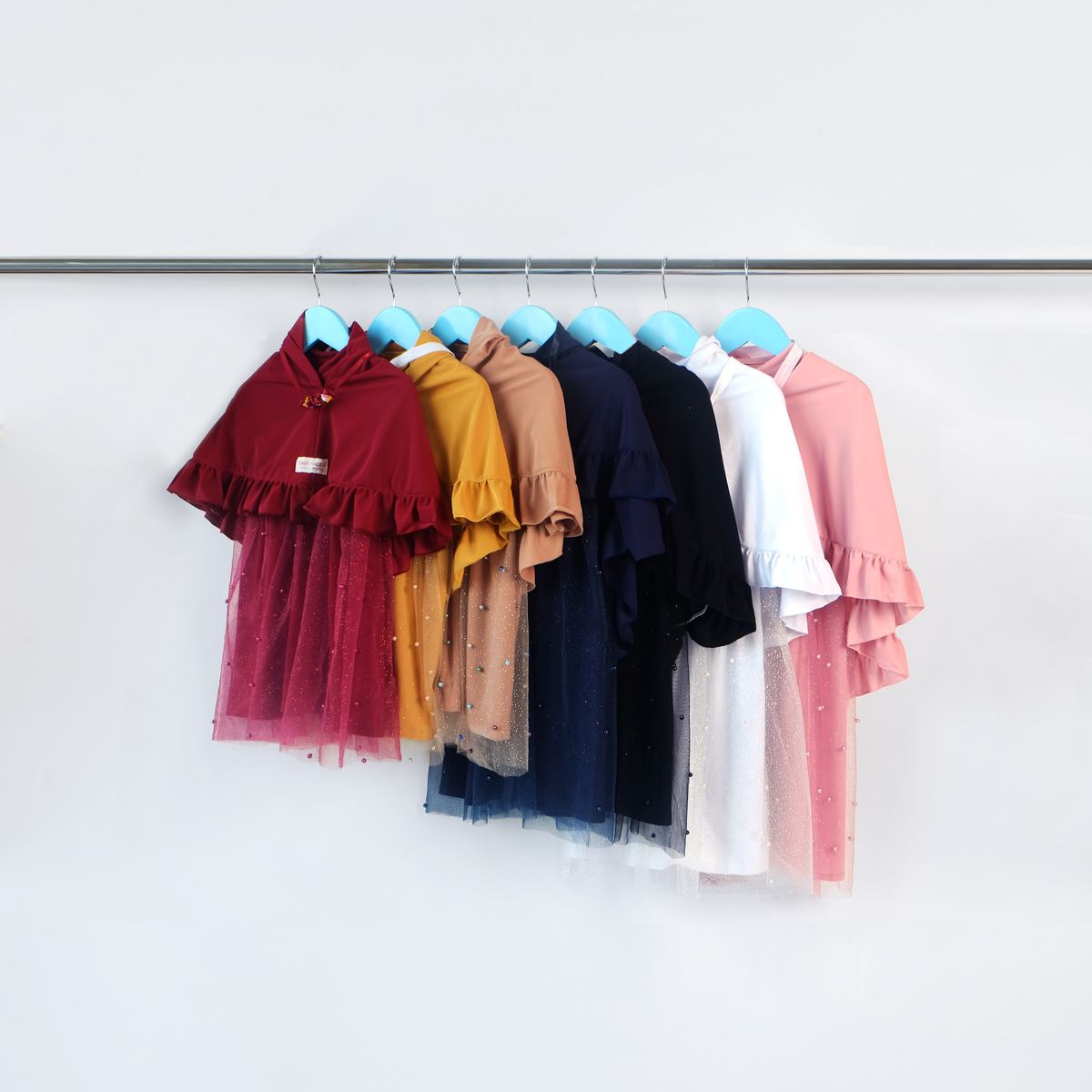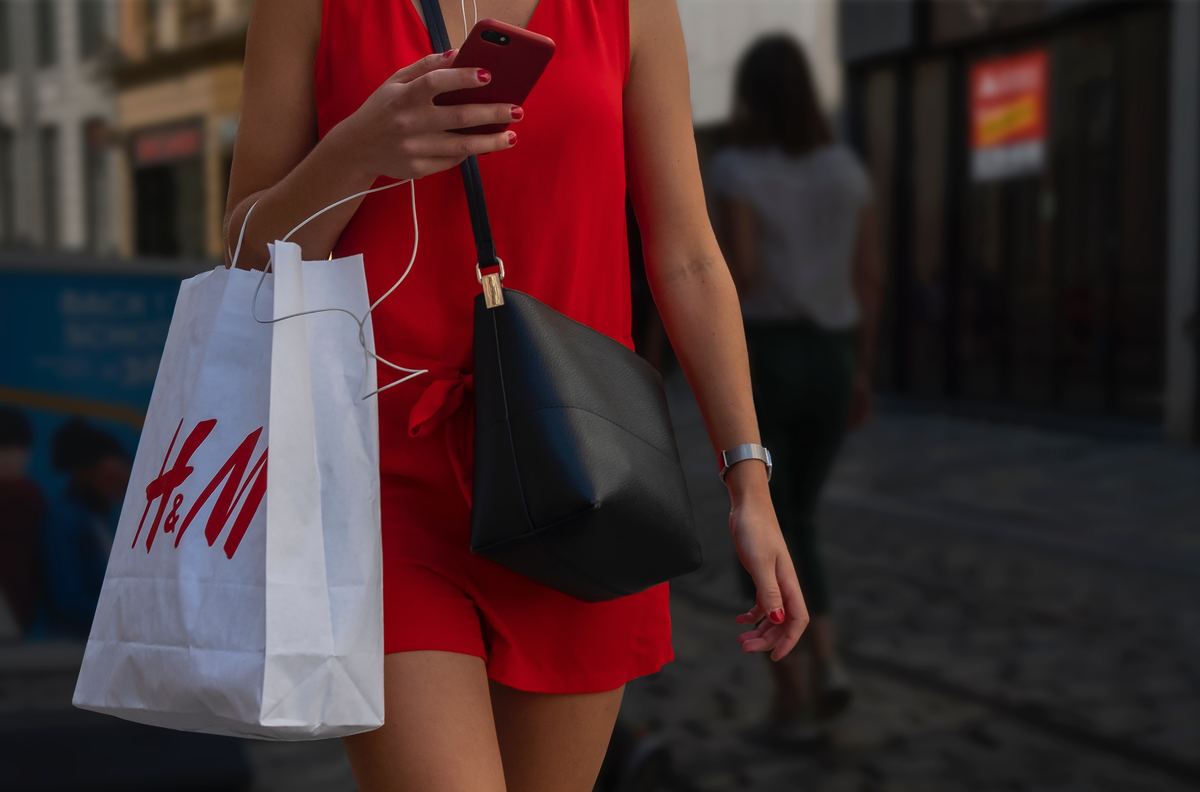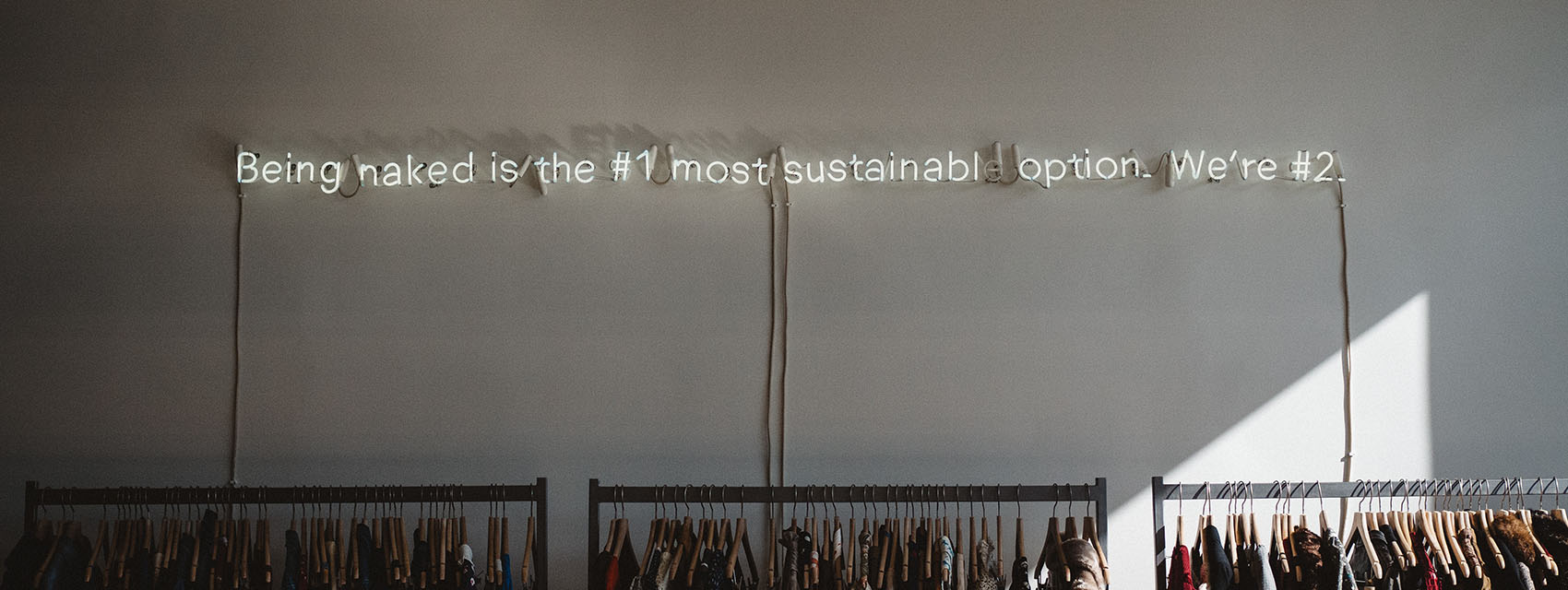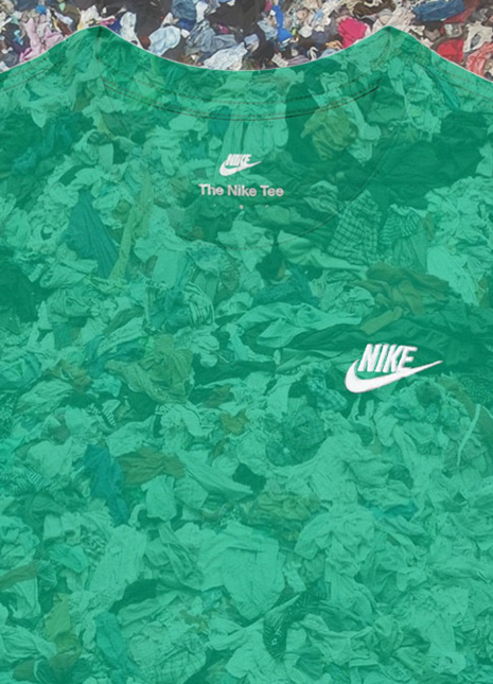Is The Fashion Industry Spending Enough On Their Sustainability Efforts?
“The visibility of sustainability issues in apparel is… probably two years behind the focus on plastic straws and single-use bags…”
Another year is upon us and the drive to encourage a more sustainable lifestyle has never been stronger. Conscious consumerism is everywhere and brands are constantly trying to up their game to keep up with being or having the latest in sustainability to offer their customers.
The fashion industry is no different, from haute couture to high street, our favourite labels are offering eco-friendly fashion alternatives to feed your need for planet-friendly pieces. The constant pressure on the industry to reduce its carbon footprint and factory waste is on the rise, but are they spending enough to make a considerable amount of change?
A new report from Fashion For Good and Boston Consulting Group says perhaps not, as they suggest the industry should be spending $20-$30 billion a year on the cause, which in turn would ensure they adhere to the guidelines set up in commitments such as the Paris Agreement.
Crunchbase suggests that just $600 million has been invested in fabric startups in the last 3 years. Although this isn’t a reflection on the investments made in other areas outside of this by big fashion corporations, It's interesting when you see that by contrast, global investment in renewable energy exceeded $272 billion in 2018 - some dedication to the cause.

Sumana Manohar, who manages a sustainable fund at BlackRock, says that the fashion industry isn’t exactly shouting about any big investments for its sustainable operations. “The visibility of sustainability issues [in apparel] is… probably two years behind the focus on plastic straws and single-use bags…”
This lack of operational change and scalable solutions is in part the reason why, very recently, former Donna Karen chief executive Caroline Brown left for an investment firm. Now the director of Closed Loop Partners, she says it was clear change wasn’t going to come from traditional business environments but more so in early-stage companies, “The level of new sustainable innovations is extremely high, but all require capital to develop from a lab stage to pilot programmes and finally to commercialisation and scale.”
Trying to find a suitable model to fund sustainable ambitions within the industry has led to big brands collabing with the finance world, making for some pretty interesting friendships. In 2019 Prada signed a €50 million sustainability-linked loan with Crédit Agricole that gives them lower annual interest rates if they stick to their sustainability goals, seems that the fashion world needs their hand holding a bit.
There have been some investments however that have proved to be very beneficial. Through Co:Lab, H&M can fund technologies such as textile recycling and biological dyeing. Karla Mora is Atlante's founder, she talks about how great H&M’s investment is for the industry, “...we have an enormous waste problem, and brands need to diversify from their dependence on cotton and virgin materials.”

As great as this is for fashion, in reality, it’s not enough to pave the way for change. Yes, demand for reused products is on the rise and brands that offer this are thriving, but no one has discussed the end of life for these particular products. Fashion For Good say that the industry needs an entire infrastructure for garment collection, recycling and recycled fibre spinning systems.
Unfortunately, because of the scale of these investments, they are not easy to access for individual firms. A mixture of being unable to afford the costs and generally keeping their interest in sustainable technologies and changes out of the public eye, means that potential investors don’t see the signs.
One potential solution is instead of brands taking on all the burden and financial weight, to collab with innovative sustainable startups. Labels such as Adidas have teamed up with Evrnu to test its NuCycl recycled fibres & Stella McCartney is working with Bolt Threads to create dresses from man-made spider silk and handbags from alternative leather.
It seems that the fashion industry needs to reassess their ideas on sustainability and instead of simply remaining quiet or deciding they can’t afford to make changes, start to take some initiative and seek out the funding that can be easily offered to them to help reach their goals.
There has been a surge of popularity in sustainable funds, meaning greater potential for longer-term solutions. Brown says that the subject is the top all discussions at the moment, “...2020 is the year for pragmatic action to be taken. I am excited to see the marriage of these commitments to catalytic capital that can affect growth...this is the disruption of a multi-trillion dollar industry, and the investment opportunity accompanying such a shift is undeniable.”
Next Up, We Debunk The Most Common Meditation Myths












